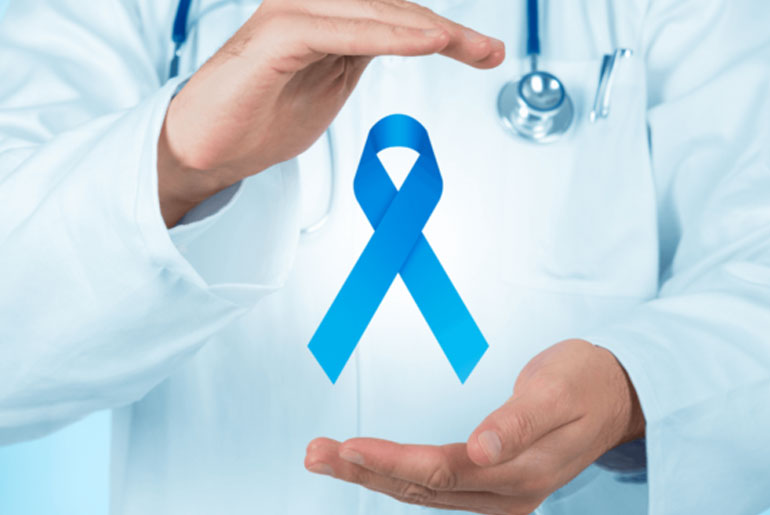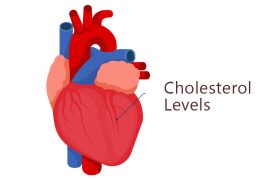Cancer can develop at any age, though the risk increases with age, making it crucial to understand genetic and lifestyle-related risks. Early awareness of cancer symptoms and warning signs is vital, especially for vulnerable individuals, to ensure timely medical intervention.
Oxidative stress plays a role in skin diseases like atopic dermatitis, psoriasis, and skin cancer. Consuming burnt food can elevate cancer risk due to the formation of carcinogenic compounds like heterocyclic amines (HCAs) and polycyclic aromatic hydrocarbons (PAHs) during overcooking. These compounds are associated with an increased risk of colon, stomach, and pancreatic cancer, making burnt or charred foods potentially harmful to health.
Cancer often presents with subtle symptoms that may go unnoticed until the disease has progressed. Being aware of these warning signs can help with early detection and improve outcomes.
- Unexplained Weight Loss: Sudden and significant weight loss without changes in diet or activity is a notable warning sign. It is often linked to cancers of the pancreas, stomach, esophagus, and lungs. Such weight loss should prompt immediate medical attention to identify the underlying cause.
- Persistent Fatigue: Chronic exhaustion that does not improve with rest may indicate serious conditions like leukemia or cancers that impact the bone marrow. Fatigue caused by cancer is distinct from regular tiredness, as it is usually more profound and persistent.
- Changes in Skin: Skin abnormalities, including changes in moles (size, shape, or color) or the appearance of jaundice (yellowing of the skin) and darkening, can be early indicators of skin cancer or liver-related cancers. Monitoring skin changes is crucial, and any abnormalities should be evaluated by a dermatologist.
- Persistent Cough or Hoarseness: A cough lasting more than three weeks or a persistently hoarse voice can signal lung cancer or cancers of the larynx. When these symptoms are accompanied by blood in the sputum or chest pain, they require immediate medical evaluation.
- Unexplained Pain: Pain without an identifiable cause, especially in the back, abdomen, or joints, could be associated with cancers such as ovarian, pancreatic, or bone cancer. Persistent, localized pain warrants thorough investigation.
- Changes in Bowel or Bladder Habits: Persistent changes in bowel movements—such as chronic constipation, diarrhea, or altered stool size—may indicate colorectal cancer. Similarly, frequent urination, difficulty urinating, or blood in the urine can point to bladder or prostate cancer.
- Difficulty Swallowing: Struggling to swallow food or liquids over an extended period can suggest throat or esophageal cancer. This symptom should not be ignored, as it may progress and cause additional complications.
- Unusual Bleeding or Discharge: Unexplained bleeding, including blood in the stool, urine, or unusual vaginal bleeding, could signify cancers like colorectal or cervical cancer. Prompt medical attention is essential to determine the cause and initiate treatment if needed.
- Lumps or Swellings: The appearance of new lumps or swellings, particularly in the breast, testicles, or other parts of the body, can indicate cancer. Even painless lumps should be evaluated to rule out malignancy.
- Changes in Appetite: A persistent loss of appetite or difficulty eating can be a symptom of cancers affecting the digestive system. If these changes persist, they should be discussed with a healthcare provider.
The Importance of Early Detection:
Recognizing and addressing these symptoms promptly can lead to earlier diagnosis and better outcomes. Regular health checkups, screenings, and a proactive approach to unusual changes in your body are critical steps in managing cancer risks effectively. Always consult a healthcare professional for a thorough evaluation of persistent symptoms.
Cancer can occur at any age and affects all genders. Regular check-ups and screenings are essential for early detection, significantly improving the chances of successful treatment.
Disclaimer:
The information contained in this article is for educational and informational purposes only and is not intended as a health advice. We would ask you to consult a qualified professional or medical expert to gain additional knowledge before you choose to consume any product or perform any exercise.







